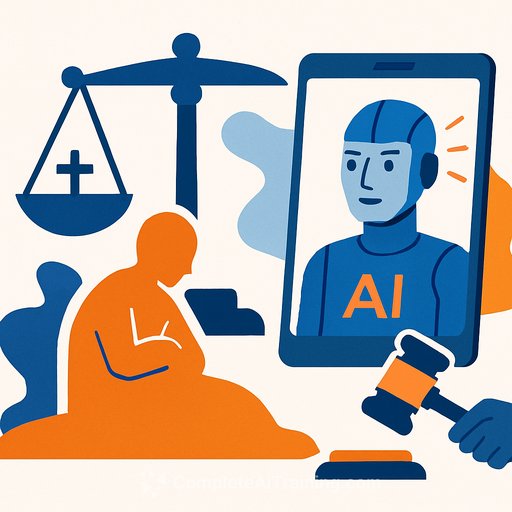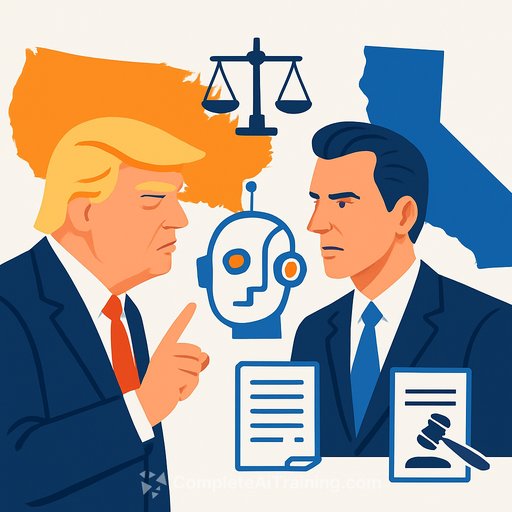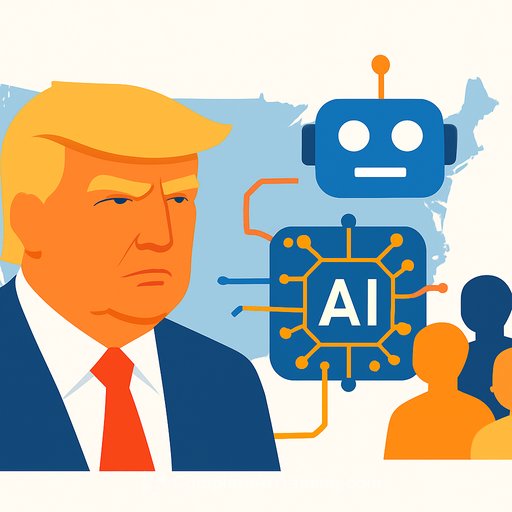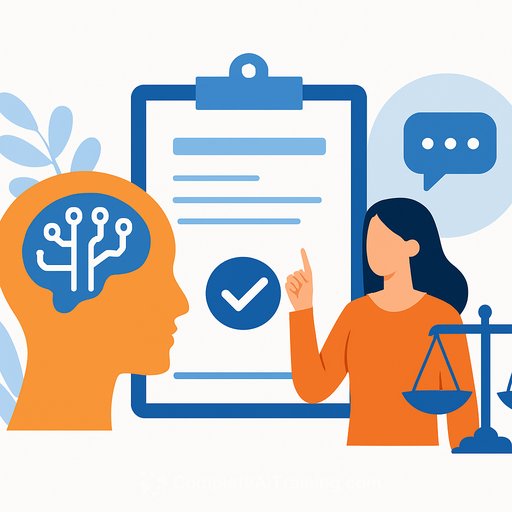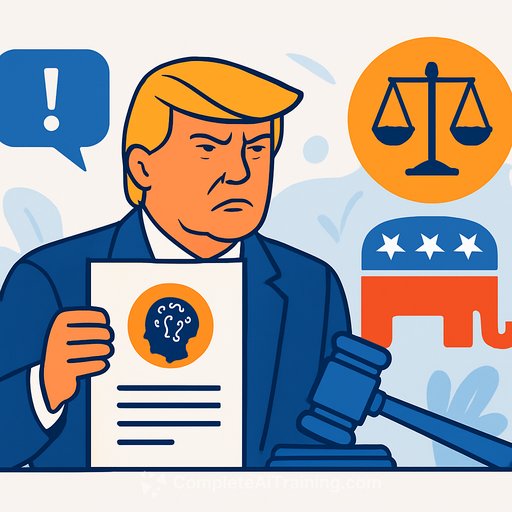The Legal Implications of AI and Digital Resurrection
The concept of recreating deceased individuals using AI once seemed confined to sci-fi, but it is now a tangible reality. Examples include a programmer who used OpenAI's GPT-3 to reconstruct the voice and personality of his late fiancée, and AI companion apps like Replika enabling chatbots that mimic dead friends. Even the likeness and voice of deceased celebrities, such as TV chef Anthony Bourdain, have been generated for commercial documentaries.
This emerging reality raises pressing legal questions about rights after death in the context of AI. Legal expert Victoria Haneman argues for the estates of deceased individuals to hold a “right to digital deletion” to prevent unwanted “digital resurrection” and protect the “right to be dead.” Her work highlights the significant gap where death, technology, and privacy law intersect.
Current Legal Protections and Their Shortcomings
Haneman points out that existing laws fall short or are inconsistent. For instance, the right of publicity—which allows lawsuits over unauthorized commercial use of a person’s name, image, or likeness—covers the deceased in only about 25 states. Even then, this right is limited to commercial exploitation, meaning non-commercial uses like private chatbots fall outside its scope.
Privacy laws provide limited protection as well. Only a few states, including Idaho, Nevada, and Oklahoma, have laws criminalizing defamation or libel against the dead. Meanwhile, legislation such as the Uniform Fiduciary Access to Digital Assets Act (RUFADAA) lets families or trustees access deceased users’ social media accounts, but it does not prevent data scraping or AI training using a deceased person’s digital footprint.
The California Delete Act offers consumers the right to request data deletion but has unclear application to deceased individuals. This creates a legal gray area that fails to address the nuances of AI-generated digital resurrections.
The Need for Clear Legal Frameworks
Death legally triggers specific rights and interests, yet the deceased’s digital persona is often neglected by both technology companies and policymakers. The absence of clear laws leaves room for misuse and exploitation of AI-generated likenesses and personalities.
Public attention on this issue is growing. For example, actor Samuel L. Jackson has cautioned future performers to avoid signing contracts that grant “in perpetuity” rights over their digital likenesses. This warning reflects industry concerns about actors’ biometric data being used indefinitely for AI-generated content.
Legal Professionals’ Role in Addressing AI Resurrection
For legal experts, this area demands urgent consideration. Key points include:
- Evaluating rights of publicity and their extension to deceased individuals on a national scale.
- Clarifying how privacy laws apply post-mortem, especially concerning AI data use.
- Advising clients on contract language regarding digital likeness and biometric data.
- Advocating for updated legislation that protects estates from unauthorized AI recreations.
The intersection of AI, digital footprints, and death calls for legal clarity and proactive policies. Those in the legal field should stay informed and prepared to address these emerging challenges.
For a deeper understanding of AI technologies and their legal implications, explore relevant courses and certifications at Complete AI Training.
Your membership also unlocks:

